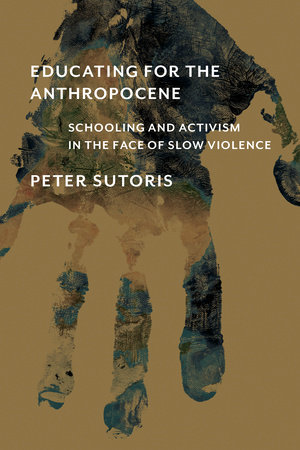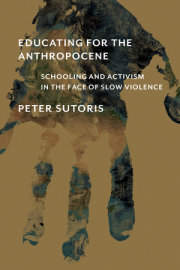Acknowledgments ix
Abbreviations xiii
Part I Learning to Live in the Anthropocene
Dilemma 1 The Shock of Recognition: (De)Politicizing Education 3
1 Introduction: Education's Task in the Anthropocene 7
2 A Bittersweet Landscape 39
Part II Schooling on the High Anthropocene's Frontier
Dilemma 2 Representing Liminality: Total Institution or Tough Love? 61
3 The Origins of Depoliticization 67
4 Reading the Cultural Landscapes of Schooling: Depoliticization and Hope 99
Part III What is the Alternative?
Dilemma 3 The Myth of Impartiality, or How I (Almost) Became an Activist 147
5 Environmental Activism: An Answer to Educating for the Anthropocene 151
6 Toward a Different Anthropocene Politics 195
Notes 211
References 241
Index 271




